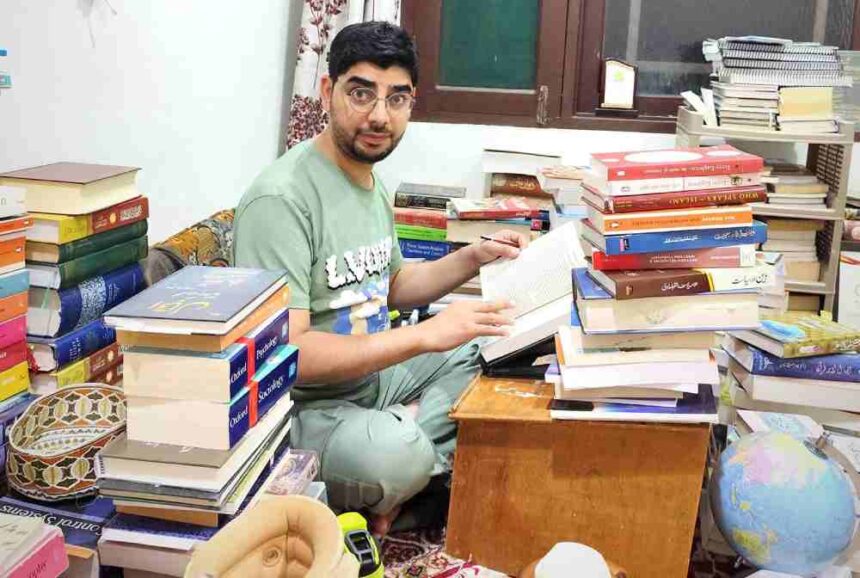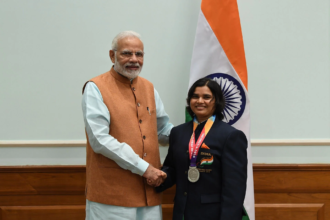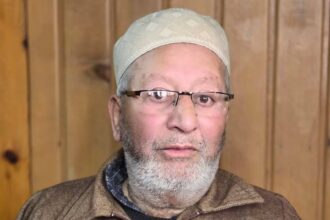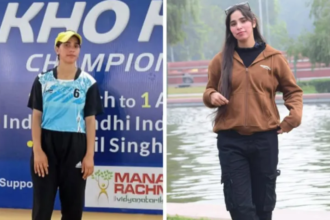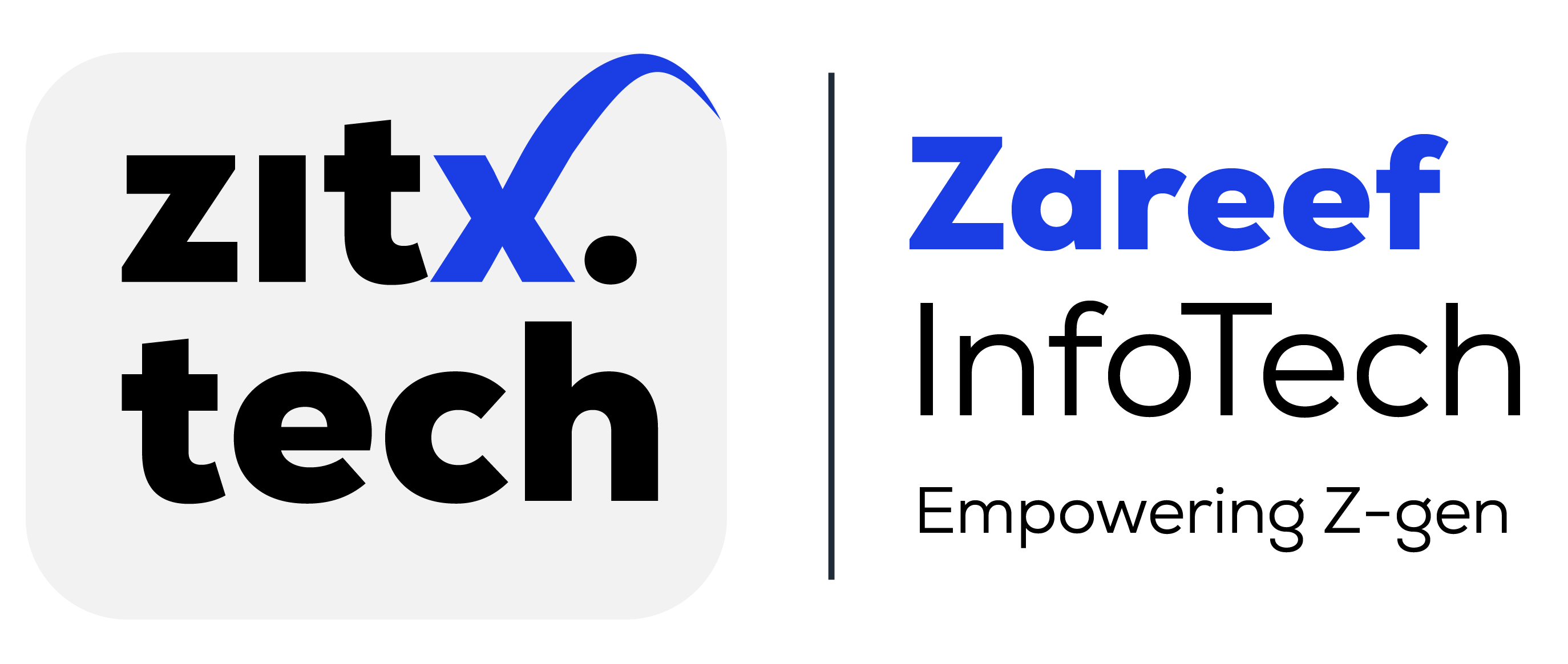Amir Suhail Wani, an engineer by training and an author by profession, stands at a unique crossroads where faith intersects with modernity. Residing in Srinagar, he has emerged as a significant voice in exploring Kashmir’s evolving spiritual landscape. Born into a society where faith was once paramount, Amir has witnessed a gradual shift in attitudes toward religion, noting a growing awareness of atheism among his peers. Yet, rather than viewing this shift with despair, Amir sees it as an opportunity for dialogue and renewal.
The Upbringing
Reflecting on his upbringing, Amir expresses gratitude for the unwavering support of his family, which includes his father, mother, brother, and two sisters. He credits his siblings with playing a crucial role in his education while highlighting his mother, Fareeda, as a guiding force throughout his life. “She treated me like any other physically fit child,” Amir recalls, emphasizing her commitment to ensuring he received a quality education despite the challenges posed by cerebral palsy.
His brother introduced him to Islamic Mysticism and Iqbaliyat, igniting a passion for Kashmiri Sufi poetry that would later inform his writing. Amir’s sisters were instrumental during his formative years, enabling him to attend school even when he faced mobility issues. “Their support has been instrumental in my journey,” he acknowledges. This foundation of love and encouragement instilled in him a resilience that continues to fuel his pursuits.
A Turning Point
Amir’s academic journey took a pivotal turn at the National Institute of Technology (NIT) Srinagar, where he earned a degree in electrical engineering in 2016. However, post-graduation life did not unfold as he had envisioned due to the limitations imposed by his condition. “Cerebral palsy has affected my speech and motor functions since birth,” he explains. This reality forced him to confront personal and professional challenges that ultimately led him to embrace writing as an alternative path.
Rather than allowing obstacles to define him, Amir transformed adversity into inspiration. His story is one of perseverance—a reminder that our limitations do not dictate our potential. “I have learned to turn my struggles into strengths,” he says. This mindset not only empowers him but also serves as a beacon for others facing similar challenges.
A Passion for Writing
Writing had long been a latent passion for Amir, which found its expression when he submitted an article to a local editor during his student years. His first published piece in 2011 marked the beginning of a prolific writing career that explores themes of society and spirituality. “My work traverses a wide range of topics, reflecting a mind deeply engaged with the world around me,” he states.
His writing often addresses the disconnect between youth and religion, attributing this gap to traditional teachings that fail to resonate with young people navigating modern complexities. “The traditional teachings delivered by out-of-touch religious leaders lead many to question the relevance of religious practices,” he elaborates. Yet Amir does not merely critique; he offers solutions—advocating for an approach to faith that is both intellectually honest and spiritually enriching.
In 2019, Amir published his debut book, Lights from Sinai, which critiques contemporary skepticism while advocating for a return to spiritually grounded worldviews that offer moral clarity without advocating for blind adherence to the past. Through this work, he invites readers on a journey of introspection and exploration—a call to reconnect with the essence of spirituality in an age marked by doubt.
Awaiting Renaissance
Despite the challenges facing contemporary spirituality in Kashmir, Amir remains optimistic about the potential for a spiritual renaissance. He envisions a future where individuals seek deeper understandings of faith driven by genuine curiosity rather than obligation. “The future lies with those who explore the mysteries of existence,” he asserts.
Amir believes that this renaissance will be fueled by open-minded dialogue and mutual respect among diverse perspectives. He encourages young people to engage with their faith critically and creatively, fostering an environment where questions are welcomed rather than stifled. “We must create spaces where doubt can coexist with belief,” he urges—an inspiring vision for nurturing spiritual growth in future generations.
Amir’s narrative reflects broader societal shifts between tradition and modernity—a poignant reminder of contemporary complexities. He actively engages with students as a guest lecturer at the University of Kashmir and the Islamic University of Science and Technology while also reaching wider audiences through All India Radio Srinagar.
Professional Contributions
In addition to his literary pursuits, Amir has made significant contributions as an engineer at SA Power Utilities and serves as a Social Innovations Officer at ELFA International, a prominent NGO based in Kashmir. His role on the advisory board of Aab-e-Rawan underscores his commitment to promoting Kashmir’s rich cultural heritage.
Amir Suhail Wani embodies the spirit of Kashmir—cherishing its socio-historic legacy while embracing transformative knowledge. His relentless pursuit of understanding continues to inspire generations, shaping narratives that challenge and unite diverse perspectives in an ever-evolving world.
A Message of Hope
Through his life and work, Amir Suhail Wani sends a powerful message: even amidst uncertainty and change, there is hope for renewal and growth. He encourages others to embrace their journeys—no matter how challenging—and find strength in their stories. “Every struggle can lead us closer to understanding ourselves and our place in the world,” he reflects.
As Amir continues to navigate the complexities of faith and modernity, he remains committed to fostering dialogue that bridges divides and nurtures understanding within his community. His story is not just about personal triumph; it is about collective awakening—a call for all of us to seek deeper truths amid life’s uncertainties.


